detail profile serik aprimov
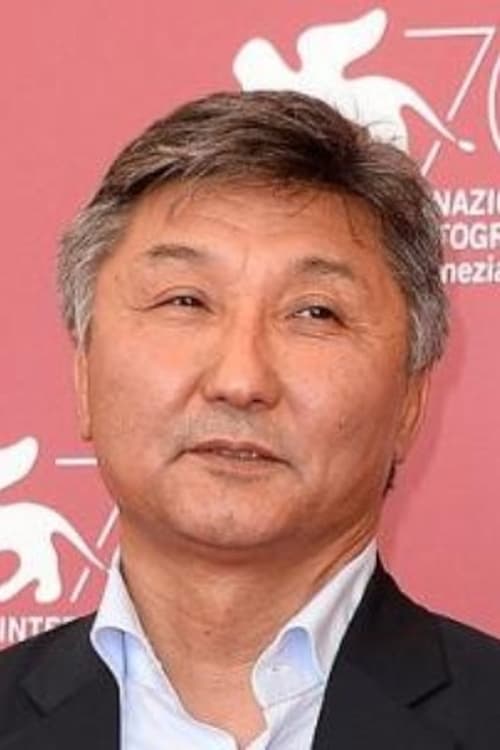
Serik Aprimov
Seric Aprymov
atau dikenal sebagai
Riwayat Hidup
Serik Sekenovich Aprymov (Kazakh: Серік Секенович Апрымовтың; born 28 October, 1960; Aksuat) is a Soviet and Kazakh film director, screenwriter, producer.
Graduated from Almaty technical college in 1979.
Following the military service, he took up film studies in directing at the Moscow's prestigious Film School (VGIK).
He was one of the young Kazakh talents who was chosen to attend the workshop of well-known Russian director Sergei Solovyov in 1989.
The group went on to establish the "new wave" of Kazakh cinema.
Aprymov made his first full feature film "Last Stop" at the age of 28.
It received international acclaim but angered the natives of his village, who were shocked at his portrayal of their real lives.
Aprymov's second film The Hypnotist was never released.
The film Aksuat (1998) revealed again his keen eye for realistic detail and was successful at the 1998 Eurasia Film Festival in Almaty (Kazakhstan), after which it was screened at the 1999 International Berlin Film Festival.
The film won Audience Award at Nantes Three Continents Film Festival 1999 in France.
In 1999 he directs Three Brothers - this poignant tale about the gulf between childhood fantasy and stark reality.
The film was screened at the 2000 International Berlin Film Festival.
It was awarded at Tokyo International Film Festival 2000.
The film won Holden Award for the Best Script, Jury Special Prize at the International Feature Film Competition, and was nominated for Prize of the City of Torino Best Film - International Feature Film.
Returning to the familiar theme of village life, Serik Aprymov offers a beautifully rendered Kazakh interpretation of the classic coming-of-age film in The Hunter (2004).
In 2003 the film participated in Cannes Film Festival 2003 in Camera d'Or Special Mention program.
Info Pribadi
Peran Yang Di Mainkan Serik Aprimov
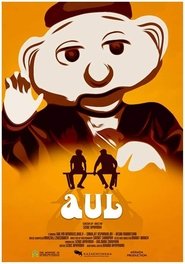 A young filmmaker gets an assignment...
A young filmmaker gets an assignment...The Village 2022
A young filmmaker gets an assignment to shoot a film and finds himself in an unfamiliar environment - an aul (kazakh village). A young man from the city is immersed in a completely different world. The life of the small village is full of intrigues, conflicts and dramas, to which the protagonist becomes a participant. Step by step he begins to understand and accept everything that is happening. The film ends with a celebration - the circumcision of a small child. This ancient Kazakh ritual brings people together again. Grievances and arguments are forgotten. The joy of being returns to people's souls. The film is a statement that if money is evil, and it is ineradicable, then kindness lives in any person soul , and it is also ineradicable.
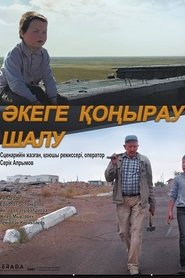 This is the story of a...
This is the story of a...A Call to Father 2017
This is the story of a six-year-old boy who lived in a formerly prosperous mining village, but after the collapse of the Soviet Union, the mine was closed and his father and mother were left without work. His father earns by selling bricks of abandoned houses. The boy lives in his fictional world. He dreams about school, but he has attention deficit hyperactivity disorder (ADHD). This diagnosis is made by a local doctor at the beginning of the film. This is the beginning of his drama.
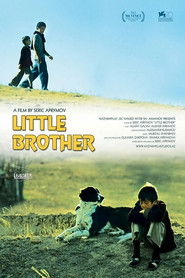 Yerken is nine years old and...
Yerken is nine years old and...Little Brother 2013
Yerken is nine years old and lives alone in a remote village in the mountains. When his older brother returns after a long absence, the young boy’s heart leaps with joy. But it doesn’t last long, his older brother has become a cold and heartless person… Serik Aprymov was born in 1960 in Kazakhstan and studied film at the Moscow Film School (VGIK). Along with other young directors from his country, he became part of the “new wave” of Kazakh cinema. At the Locarno Film Festival in 2004, he presented Okhotnik (The Hunter), in which a young boy suffers the contrast between the traditions of his people now on the decline and the progress of an increasingly urbanized new society.
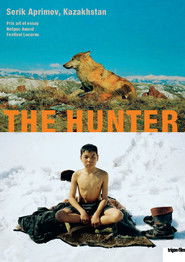 In an isolated village in the...
In an isolated village in the...The Hunter 2004
In an isolated village in the Kazakhstan mountains, Erken, a boy of 12, lives with his mother, a beautiful and alluring single woman. One night, when the mother is visited by a hunter, Erken steals the latters horse and his gun to hold up a shop. Sought by the police, he is found by the hunter who gives him a choice: to go to prison or to go and live with him in the mountains. Thus begins a voyage of initiation, in the course of which the hunter tries to pass on his taste for and understanding of life.
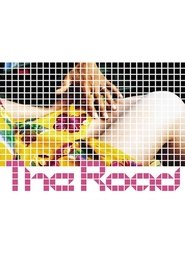 A filmmaker Kobessov awakens from an...
A filmmaker Kobessov awakens from an...The Road 2001
A filmmaker, Kobessov, awakens from an anxiety nightmare: during the preview of his newest film, the projectionist mixes up the reels and begins to show a bad karate film by accident. Although Kobessov objects to the mix-up, the public is ecstatic and refuses to allow the projectionist to interrupt the screening to show Kobessov's film.
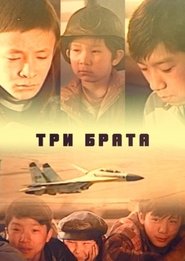 Three brothers live in a small...
Three brothers live in a small...Three Brothers 2000
"Three brothers live in a small village somewhere in Kazakhstan. Nearby is the small station, where an elderly man, who has had the nickname Klein since he was in a concentration camp in the Second World War, rules the roost. ... The children ask inquisitively about the nature of his activities, as nothing seems to happen. He tells them that he supplies a local military base with material. Klein starts telling them different stories, for instance about the beautiful lake where the officers spend their spare time and where life is as beautiful as the women. The picture he sketches of this lake is so attractive to the three brothers and their friends that they resolve to go there. They know from the old man that it will cost money, because life is dear. Tri brata is not a children's film, but a fairy-tale about today's world with its military aircraft on one side and an elderly man with his railway material on the other." - IFFR
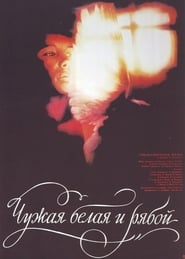 In a poor provincial town the...
In a poor provincial town the...The Stray White and the Speckled 1986
In a poor provincial town, the ragamuffin boys are frenziedly drilled for combat, and at nights the local elite, gathered in a pool room, boasts of fictitious biographies, while bands of boys amuse themselves with bloody fights on trashy vacant plots… One of the most vivid staples of the postwar childhood were pigeons. They could be bought, sold or stolen. One day a beautiful white dove appeared over the town. Risking his life, Ivan caught the White. And immediately became the target of the "pigeon" mafia…
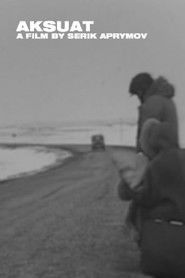 A Kazakh villager has to take...
A Kazakh villager has to take...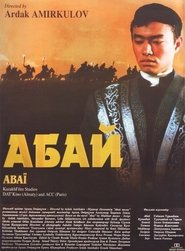 An epic drama about the life...
An epic drama about the life...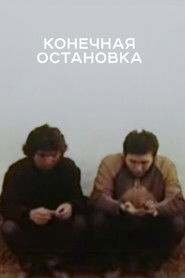 A young man comes home to...
A young man comes home to...